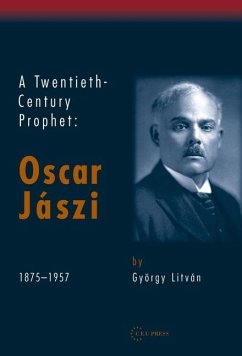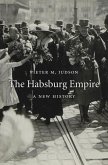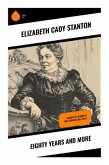A fascinating look at a man, who fought for liberal ideals and for progress in Central Europe but was forced to spend the latter half of his life in America. Oscar Jaszi was a historian, political theorist and sociologist, who dedicated his tremendous intellect to modern democracy In Hungary. Exiled from his homeland, Jaszi's moral courage stood strong against the political tyranny and totalitarianism of the interwar period that nearly destroyed Hungary's political and social foundations. From his early years in Budapest to his later life as professor at Oberlin College in Ohio, he worked tirelessly for what he described as "a new moral, social, and economic synthesis is needed." The life of Oscar Jaszi represents one of the great triumphs of reason over violence, regardless of the defeat of his vision for a 'Danubian Federation', and his subsequent exile. His vow to not be buried in an undemocratic Hungary was kept, and as his country emerged from the ruins of the Soviet block, his remains were transferred to Budapest in 1991, a symbol of his lasting philosophy and the spirit of his will.
Hinweis: Dieser Artikel kann nur an eine deutsche Lieferadresse ausgeliefert werden.
Hinweis: Dieser Artikel kann nur an eine deutsche Lieferadresse ausgeliefert werden.








